Russian envoy warns about "Greater Albania" project
Russian Ambassador Aleksandr Konuzin says his country is concerned about the existence of a project to establish a so-called Greater Albania.
Friday, 01.06.2012.
17:42

Russian Ambassador Aleksandr Konuzin says his country is concerned about the existence of a project to establish a so-called Greater Albania. "It's a very dangerous project for the entire Southeastern Europe region, and it would represent a precedent," the top Russian diplomat in Serbia said late on Thursday, adding that his country will "strongly oppose attempts to form a Greater Albania" Russian envoy warns about "Greater Albania" project Taking part in a panel discussion in Belgrade dedicated to the Russo-Serbian relations, Konuzin noted that Russia supported all reconciliation efforts of the peoples of the former Yugoslavia, noting that Serbia has been conducting a balanced policy in that respect. The ambassador stressed that Russia was also a firm supporter of the positions held by Serbs in the Serb Republic (RS), in Bosnia, and noted that Russia was one of the signatories of the Dayton Peace Accords "which it was not satisfied with, but which must be respected". "The goal of the so-called Butmir Process is to form a centralized state out of Bosnia-Herzegovina. We have nothing against that, but only if all peoples in Bosnia-Herzegovina, Serbs included, agree to it," Konuzin said, underlining that "international law must be respected". Speaking about the relations between Serbia and Russia, the diplomat noted that they reached a high level, and that regardless of the composition of a future government in Belgrade, that cannot change. He ruled out the possibility that a government could take over in Serbia that would have a negative influence on the ties between the two countries. Konuzin also revealed that Russia supported Serbia as a militarily neutral country, "and statements from Belgrade on that subject". As for Kosovo - Russia will support any Serbian policy toward the province, he stated. Commenting on the February referendum in northern Kosovo - when local Serbs near unanimously rejected the ethnic Albanian authorities in Pristina - the ambassador quoted Foreign Minister Sergei Lavrov's statement that "the position of the Serbs who live in Kosovo must not be ignored". Focusing on economic issues, Konuzin noted that trade between Serbia and Russia reached USD 3.5bn last year, and that effort should be made to make that trade "even more intensive - until it returns to the pre-economic crisis level of over USD 4bn". "I expect that works on the Serbian part of the South Stream pipeline will begin late next year, and we're also considering building a new heating plant in Pancevo, and possibly in Belgrade and Nis and well," he noted. He further stressed that Russia was very interested in the development of infrastructure in Serbia, especially in the energy sector, but also in building a modern railroad system, adding that this also applied to all other former Yugoslav republics. "The money is there, we have the funds - help yourselves! But, projects are needed for that," said Konuzin, and added that he was puzzled that it took "so much time" for Serbia to come up with its projects. The ambassador explained that the money to fund most Serbian projects would be transferred in the fall, and that he on Monday handed over a harmonized draft agreement on this subject to the Serbian government. "If Serbia has an interest in building nuclear power plants here, we will help you with that as well," the diplomat said, adding that the same applied to new hydro power plants in Serbia. Finally, Konuzin touched on the nature of the relations between the two nations, saying that Russia was close to many other countries with which it shared its culture, religion and script - but that it nurtured "closest, even intimate ties" only with Serbia. Aleksandr Konuzin (Tanjug, file) Beta Tanjug
Russian envoy warns about "Greater Albania" project
Taking part in a panel discussion in Belgrade dedicated to the Russo-Serbian relations, Konuzin noted that Russia supported all reconciliation efforts of the peoples of the former Yugoslavia, noting that Serbia has been conducting a balanced policy in that respect.The ambassador stressed that Russia was also a firm supporter of the positions held by Serbs in the Serb Republic (RS), in Bosnia, and noted that Russia was one of the signatories of the Dayton Peace Accords "which it was not satisfied with, but which must be respected".
"The goal of the so-called Butmir Process is to form a centralized state out of Bosnia-Herzegovina. We have nothing against that, but only if all peoples in Bosnia-Herzegovina, Serbs included, agree to it," Konuzin said, underlining that "international law must be respected".
Speaking about the relations between Serbia and Russia, the diplomat noted that they reached a high level, and that regardless of the composition of a future government in Belgrade, that cannot change.
He ruled out the possibility that a government could take over in Serbia that would have a negative influence on the ties between the two countries.
Konuzin also revealed that Russia supported Serbia as a militarily neutral country, "and statements from Belgrade on that subject".
As for Kosovo - Russia will support any Serbian policy toward the province, he stated.
Commenting on the February referendum in northern Kosovo - when local Serbs near unanimously rejected the ethnic Albanian authorities in Priština - the ambassador quoted Foreign Minister Sergei Lavrov's statement that "the position of the Serbs who live in Kosovo must not be ignored".
Focusing on economic issues, Konuzin noted that trade between Serbia and Russia reached USD 3.5bn last year, and that effort should be made to make that trade "even more intensive - until it returns to the pre-economic crisis level of over USD 4bn".
"I expect that works on the Serbian part of the South Stream pipeline will begin late next year, and we're also considering building a new heating plant in Pančevo, and possibly in Belgrade and Niš and well," he noted.
He further stressed that Russia was very interested in the development of infrastructure in Serbia, especially in the energy sector, but also in building a modern railroad system, adding that this also applied to all other former Yugoslav republics.
"The money is there, we have the funds - help yourselves! But, projects are needed for that," said Konuzin, and added that he was puzzled that it took "so much time" for Serbia to come up with its projects.
The ambassador explained that the money to fund most Serbian projects would be transferred in the fall, and that he on Monday handed over a harmonized draft agreement on this subject to the Serbian government.
"If Serbia has an interest in building nuclear power plants here, we will help you with that as well," the diplomat said, adding that the same applied to new hydro power plants in Serbia.
Finally, Konuzin touched on the nature of the relations between the two nations, saying that Russia was close to many other countries with which it shared its culture, religion and script - but that it nurtured "closest, even intimate ties" only with Serbia.






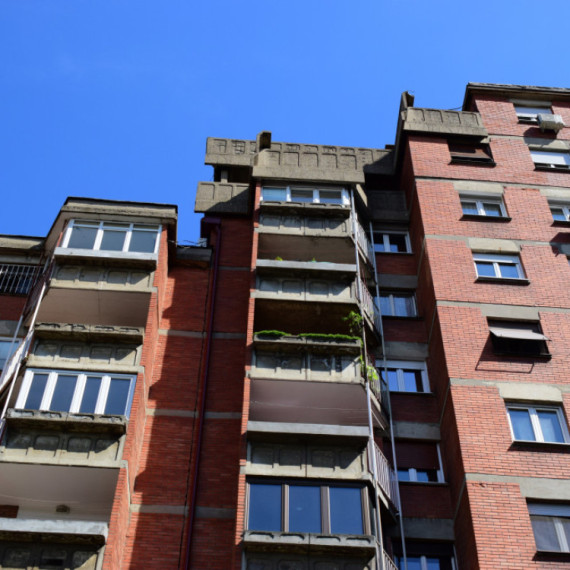




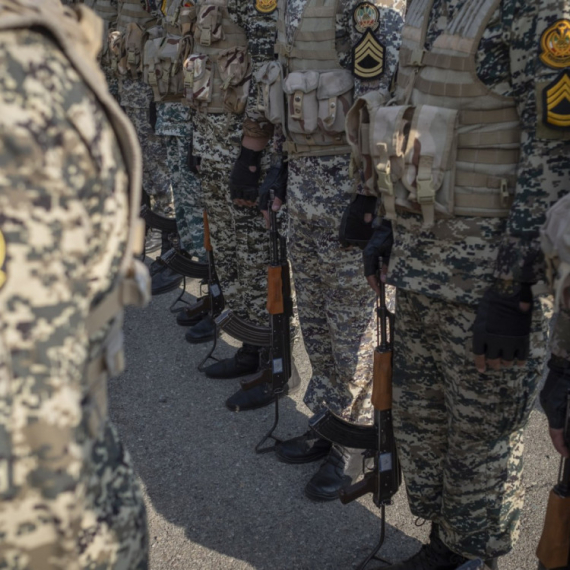
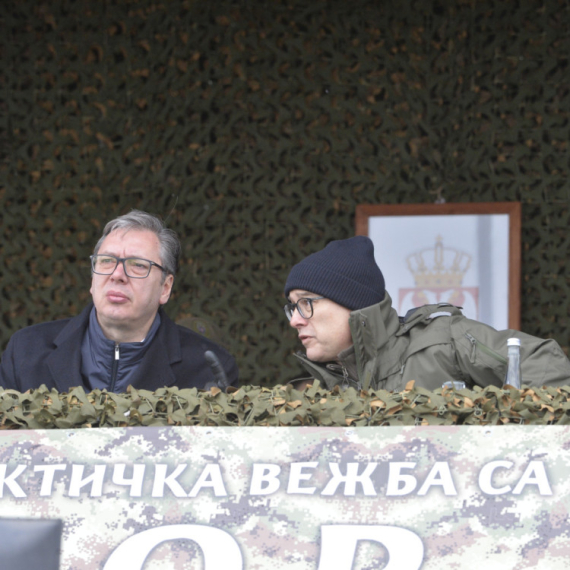

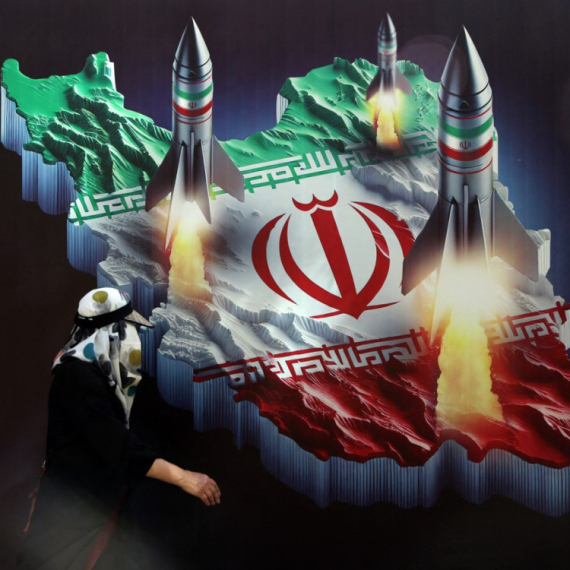
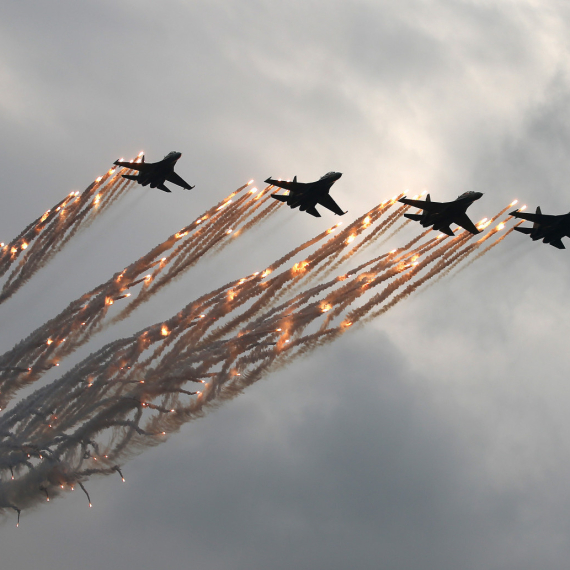

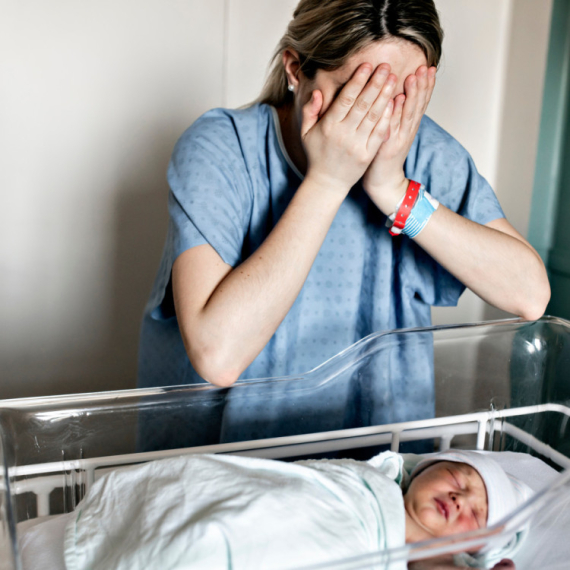
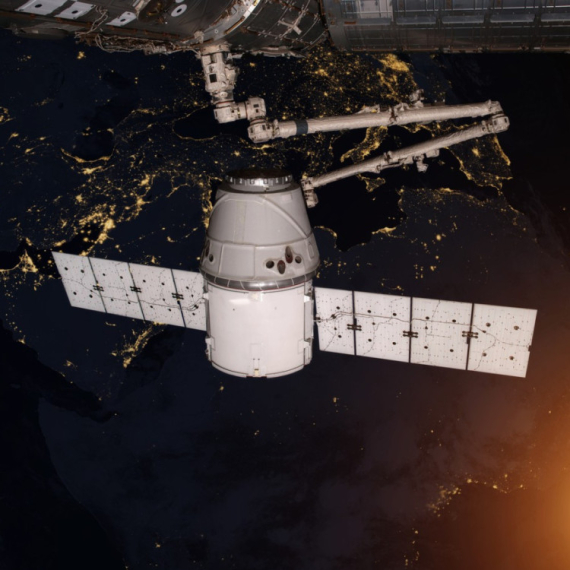
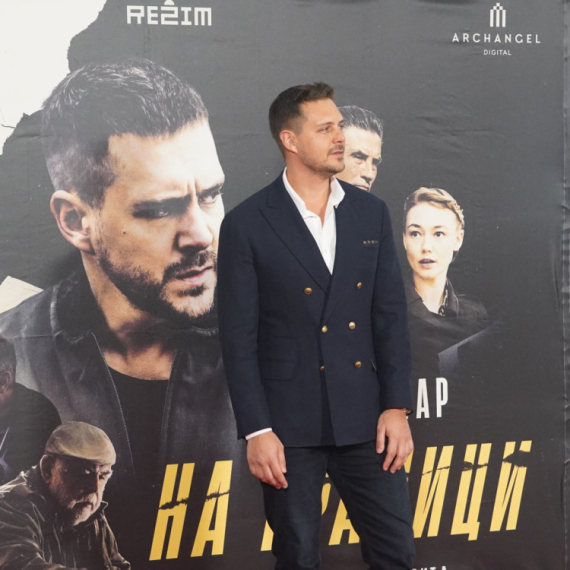















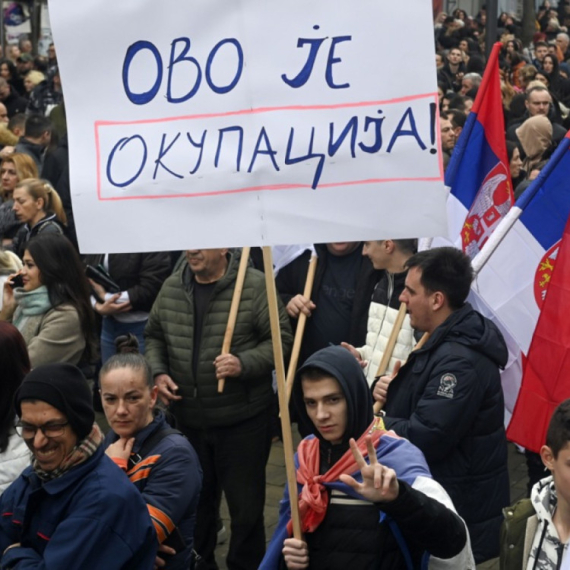



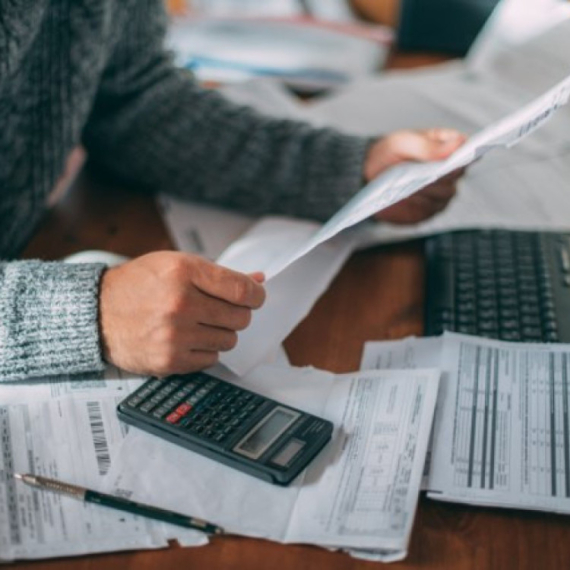




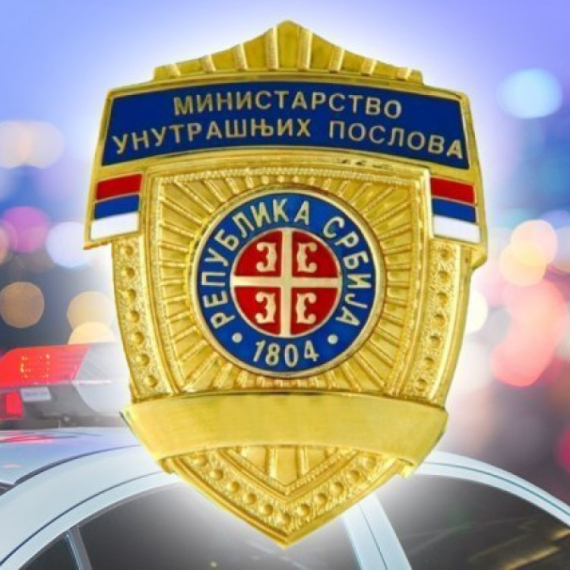
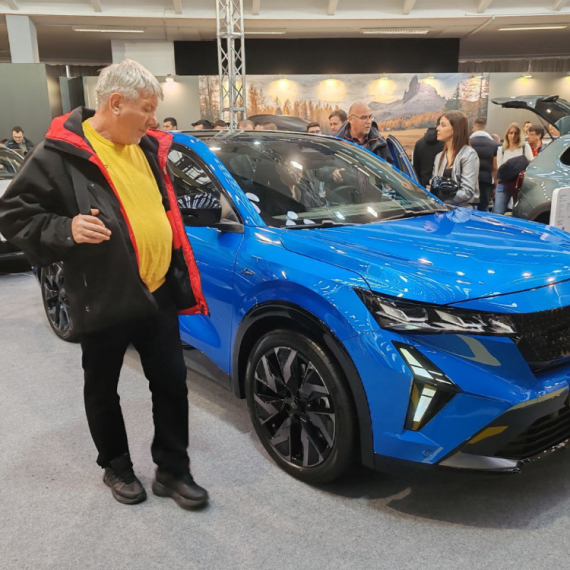


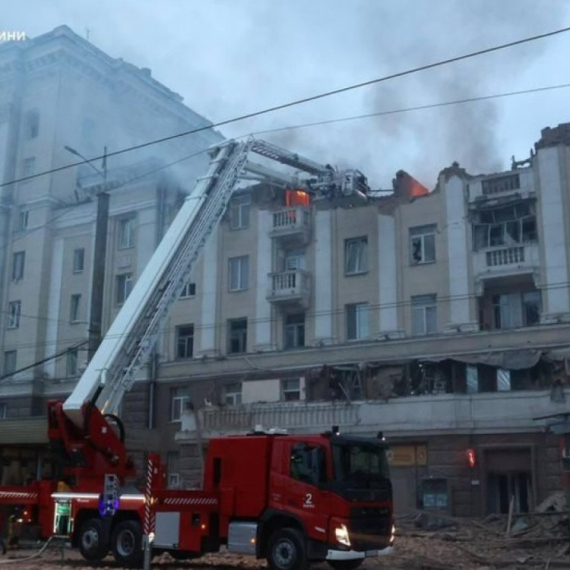
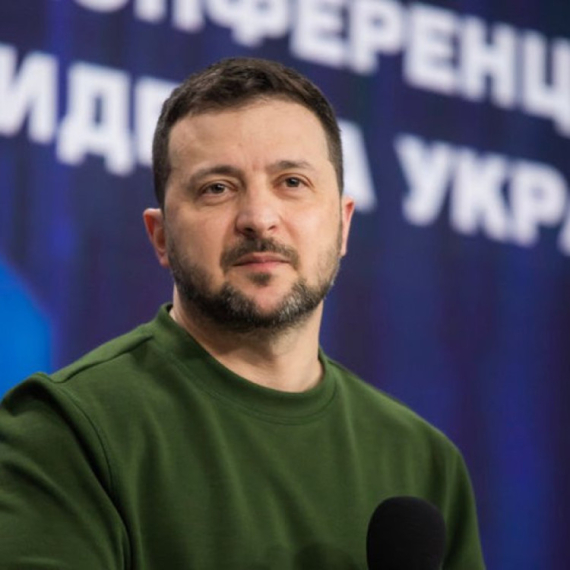


Komentari 25
Pogledaj komentare